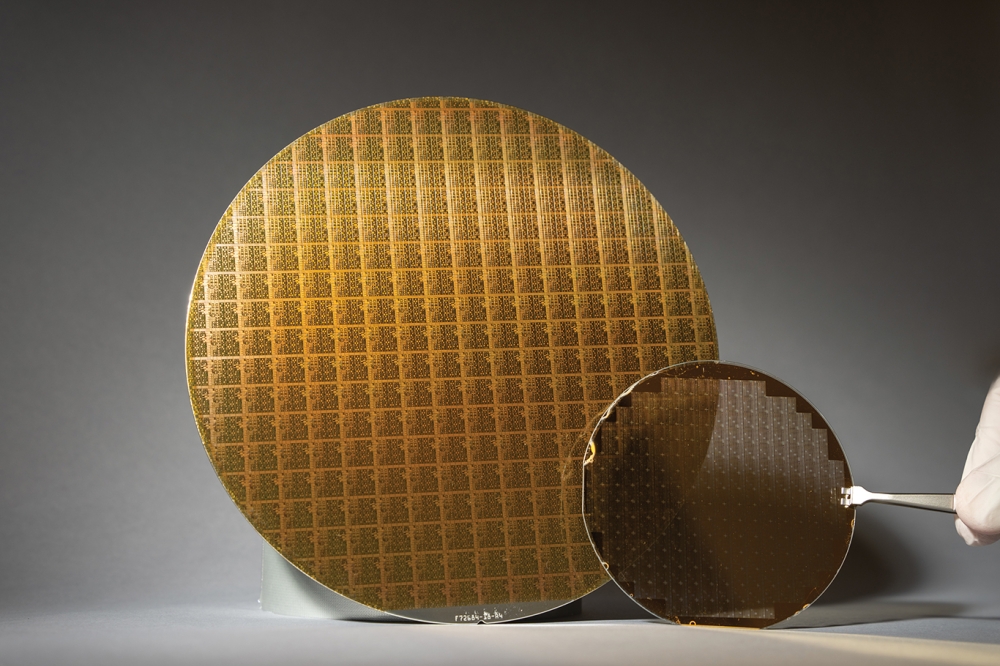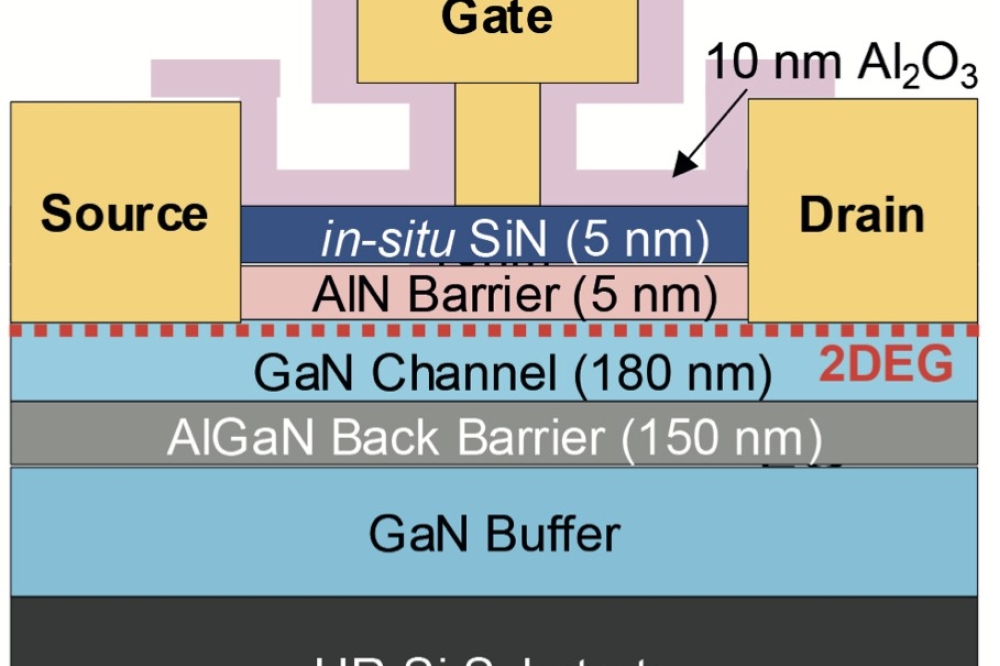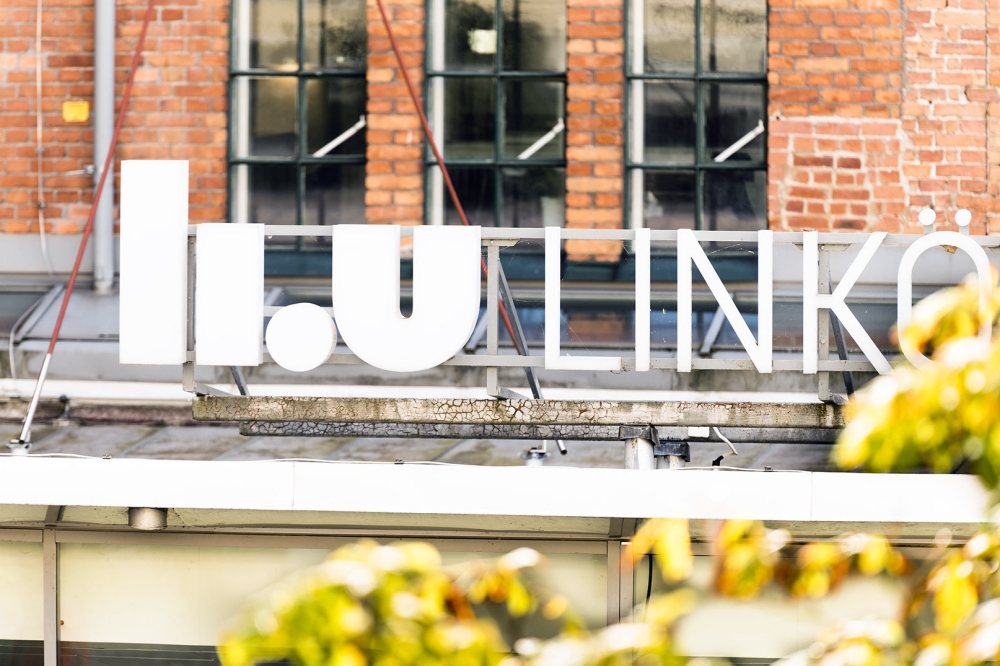CST Global receives £202K grant for VCSEL clock project

Joins UK-government funded MacV project to develop commercially viable, mass produced miniature quantum atomic clock
UK-based III-V semiconductor foundry CST Global, has received a grant of £202,056 as a participant member of the "˜VCSELs for miniature atomic clocks' (MacV), UK-government-funded research project.
The MacV project has a funded value of £705,287 with Compound Semiconductor Centre (CSC) Ltd, Cardiff, appointed as lead participant. CST Global is one of three participant members that include Cardiff University and the National Physical Laboratory Management Ltd, Teddington.
"The project is endeavouring to develop of a commercially viable, mass produced, coherent population trapping (CPT) "“ based, miniature quantum atomic clock," explains Iain Eddie, project engineer at CST Global.
"Atomic clocks track time by measuring the vibration of an atom, hence the accuracy. The MacV quantum atomic clock will use a Caesium ion, which vibrates at a very stable frequency when excited by light of the correct wavelength.
"CST Global's involvement, as a participant member of the MacV project, is in the development of a commercially viable, single mode VCSEL (Vertical Cavity Surface Emitting Laser) producing light at a wavelength of 894nm, which matches the resonance of the Caesium ion.
"The MacV project is initially aimed at magnetic sensing applications and communications where the GPS timing signal is not available, such as military and underwater applications. However, we foresee its use in other data transmission applications, as knowing when data is transmitted, to atomic clock accuracy, makes subsequent decryption more efficient and secure."


































